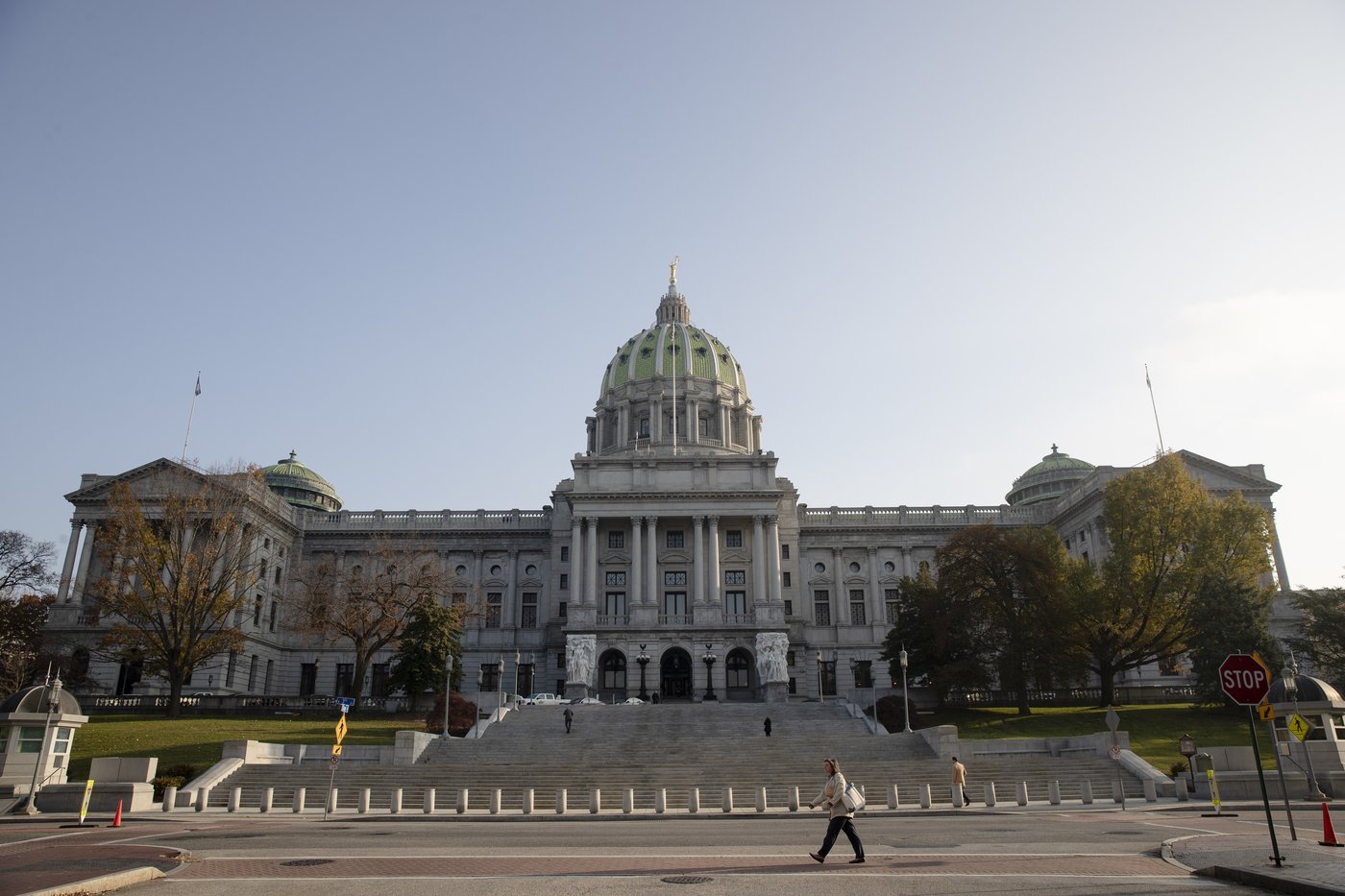Elevate your local knowledge
Sign up for the iNFOnews newsletter today!
Sign up for the iNFOnews newsletter today!
Selecting your primary region ensures you get the stories that matter to you first.

HARRISBURG, Pa. (AP) — A Democratic-sponsored proposal to limit per-student payments to Pennsylvania’s cyber charter schools and make other changes to how they operate narrowly passed the state House on Wednesday over Republican objections that it would imperil the online learning programs.
The 104-98 vote, with only two Republicans in favor, sets down a marker on the perennially contentious issue of school funding as state lawmakers work to complete the coming year’s state budget for the fiscal year that starts in July.
The bill’s $8,000 limit on how much public school districts would have to reimburse the cyber charters was the central piece of the sprawling legislation and would be a boost to the districts and the property tax payers who bear much of the cost of public education in Pennsylvania. There currently is no cap for the districts’ payments to cyber charters, an amount now linked to how much districts spent on their own students in the prior year.
Supporters said changes to the cyber charter rules are widely backed among the state’s 500 school boards and that cyber school spending has been the subject of critical reviews, including recently by Republican Auditor General Tim DeFoor.
But opponents defended the existing system as a critical lifeline to the students and families that for various reasons have sought alternatives to traditional schools.
The bill’s main provisions
The bill would set annual tuition payments from school districts to cyber charters at $8,000 per student, with potential yearly increases. Special education funding would also see changes.
Cyber charters would not be able to maintain cash balances above 12% of their spending and would not be able to provide payments or gifts to parents as incentives to enroll their children.
The bill would bolster disclosure requirements regarding cyber charters’ policies, instructional materials and budgets.
It would bar the state Education Department from approving any additional cyber charter schools through the 2029-30 school year. A new Cyber Charter School Funding and Policy Council would be set up to make recommendations concerning enrollment, governance and funding.
What did lawmakers say about it?
During floor debate Wednesday, Rep. Martina White, a Philadelphia Republican, said the measure will “close real schools, displace real students, strip families of the very choices that they depend on to give their children a chance at success.”
The moratorium would be highly damaging to cyber charters, said Rep. Craig Williams, a Delaware County Republican.
“You limit the number of cyber charters now in existence, you choke off its funding, and eventually you can kill cyber charter. Sixty-plus thousand students in our school system, finding another way to learn, and we’re going to choke it off with this bill,” Williams said.
The chair of the House Education Committee, Lehigh County Democratic Rep. Peter Schweyer, enumerated cyber charter spending issues raised in the auditor general’s report, including staff bonuses, gift cards, vehicle payments and fuel stipends.
“Gift cards?” Schweyer asked his colleagues. “We would all get in trouble if we were taking gift cards as part of our compensation.”
The money at stake
Leaders of existing public cyber charter schools say the measure would cut their funding by about $450 million or more across the state, with a third of the total reductions targeting special education student reimbursements.
A Democratic analysis put the figure at more than $600 million.
What are public cyber charter schools?
About 65,000 Pennsylvania students currently attend the state’s 14 public cyber charter schools, which are public, nonprofit corporations. They do not have to follow all of the requirements mandated of public schools under state law.
Cyber charter school are considered independent public schools, approved to operate with a “charter” issued by the Education Department. They use technology to provide much of the teaching. Students usually do not need to attend a physical location beyond certain events, such as standardized testing.
What happens now?
The proposal was sent over to the Republican majority state Senate for its consideration. The bill becomes part of a wider negotiations to determine the budget before lawmakers recess for the summer.
This site is protected by reCAPTCHA and the Google Privacy Policy and Terms of Service apply.
Want to share your thoughts, add context, or connect with others in your community?
You must be logged in to post a comment.